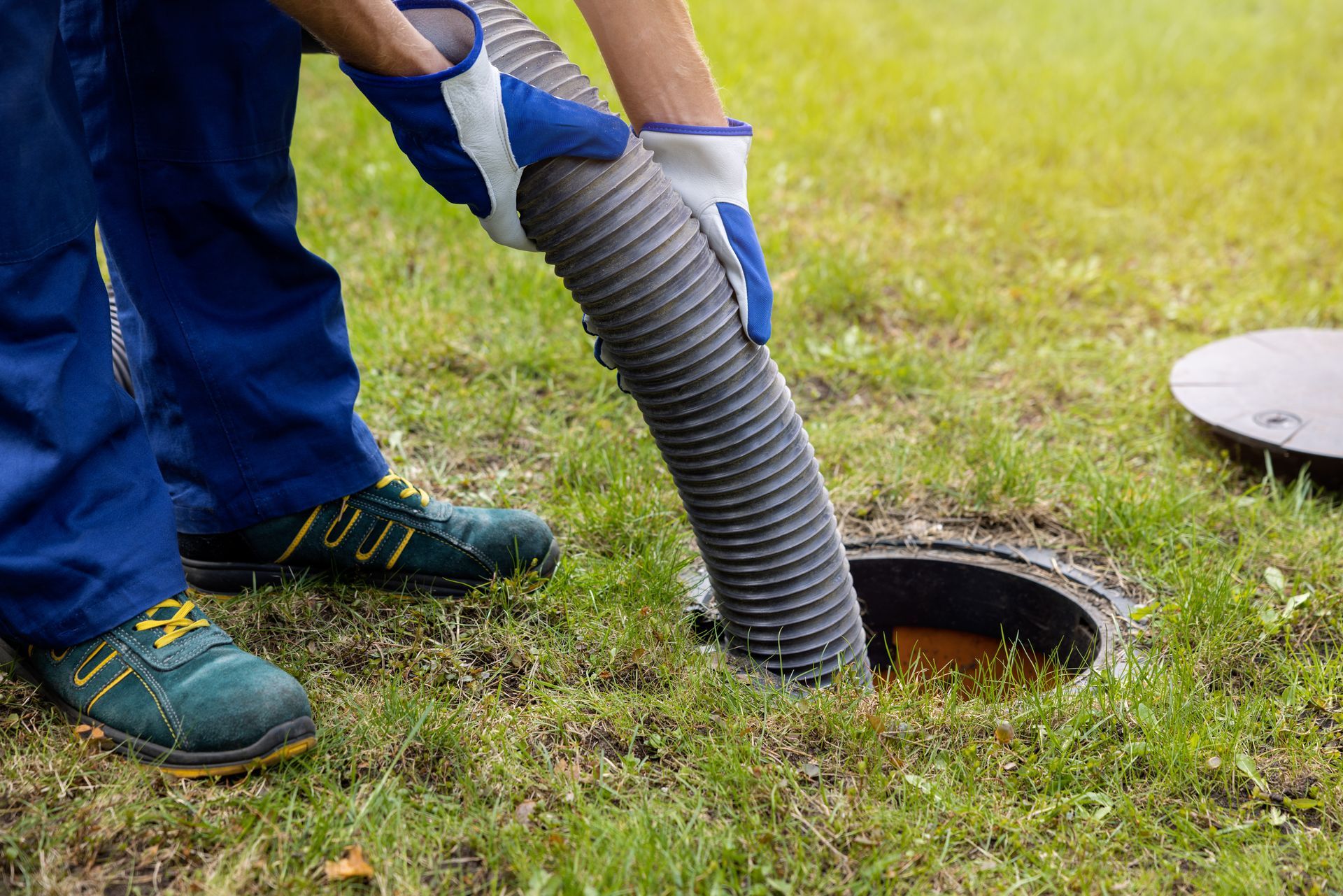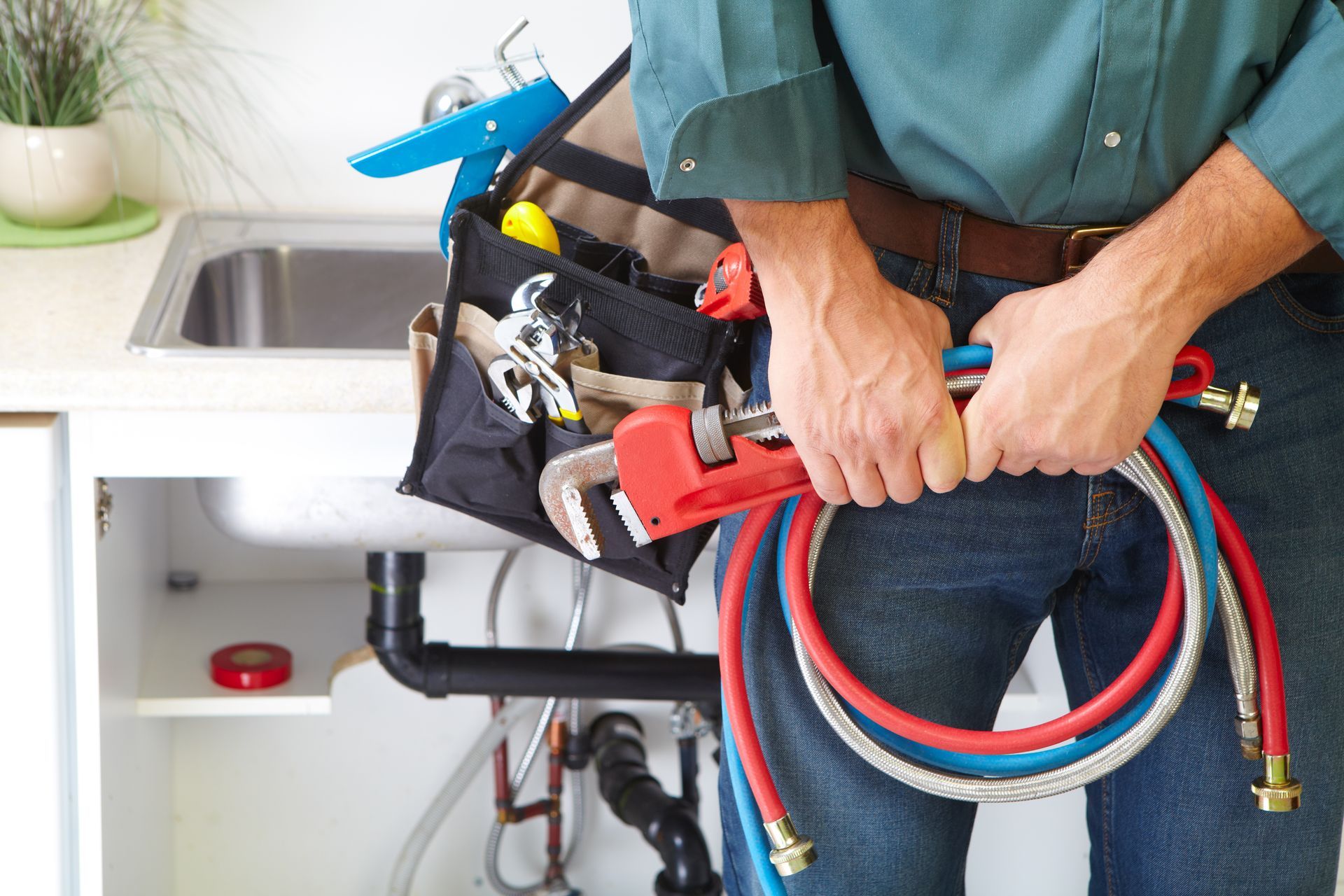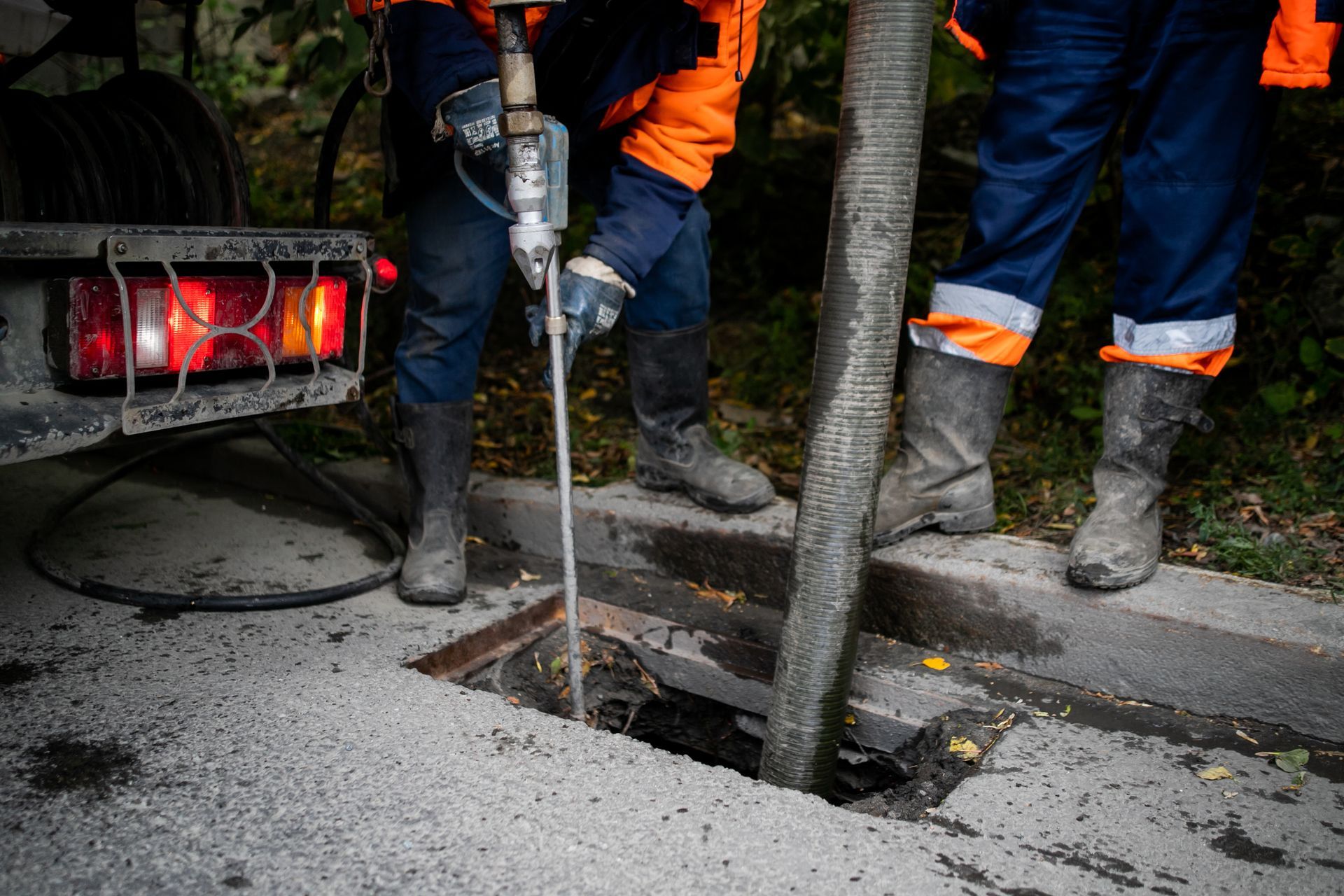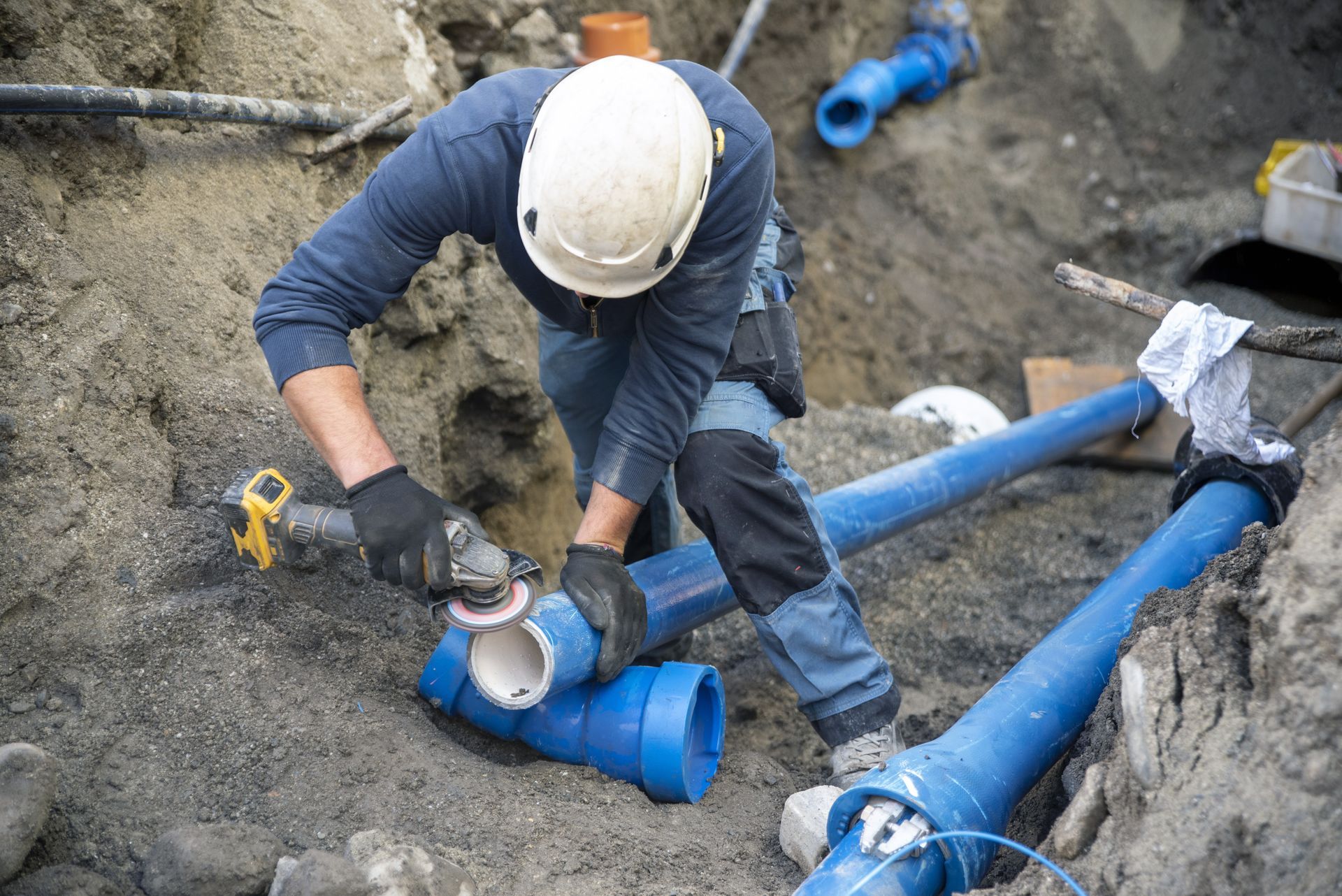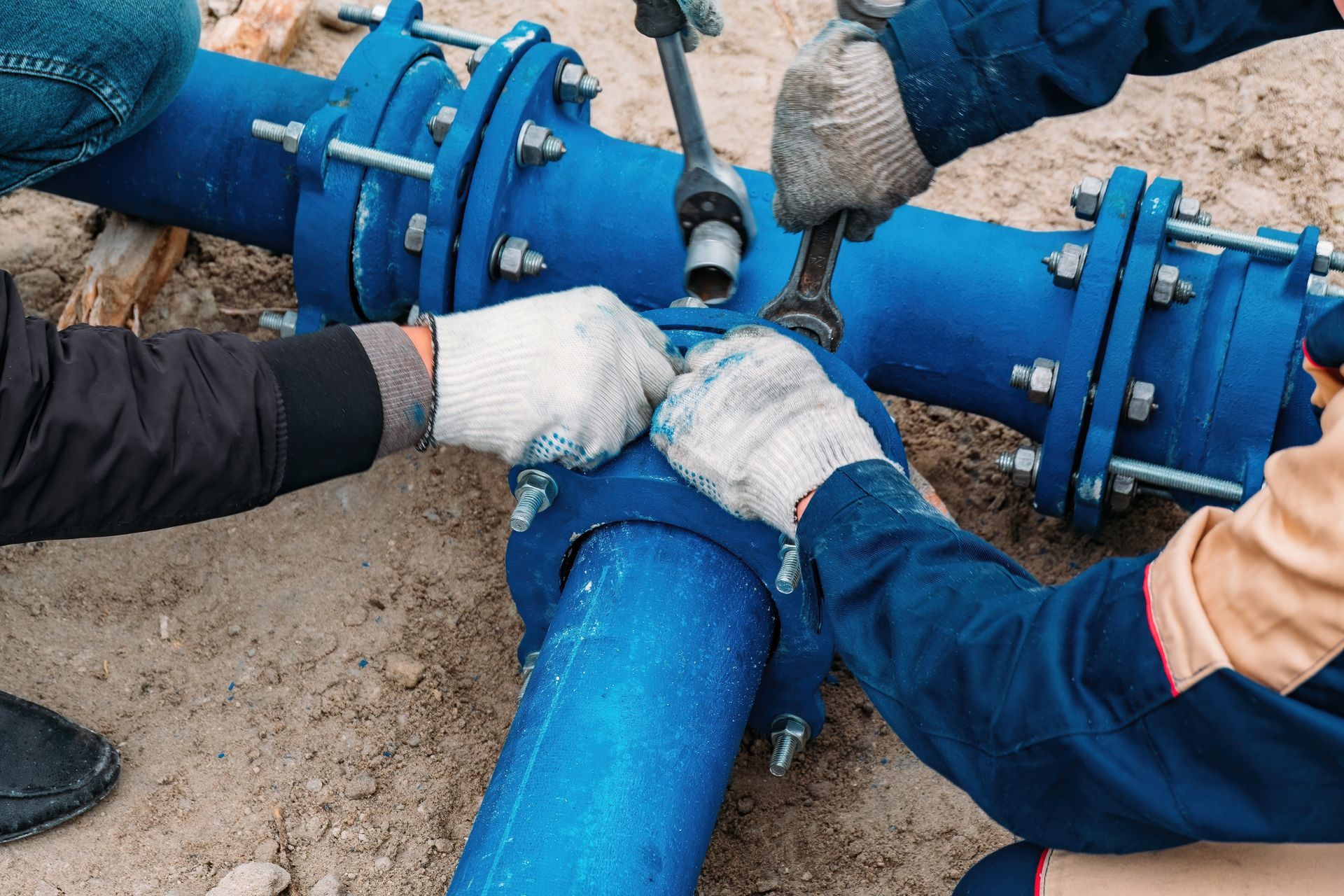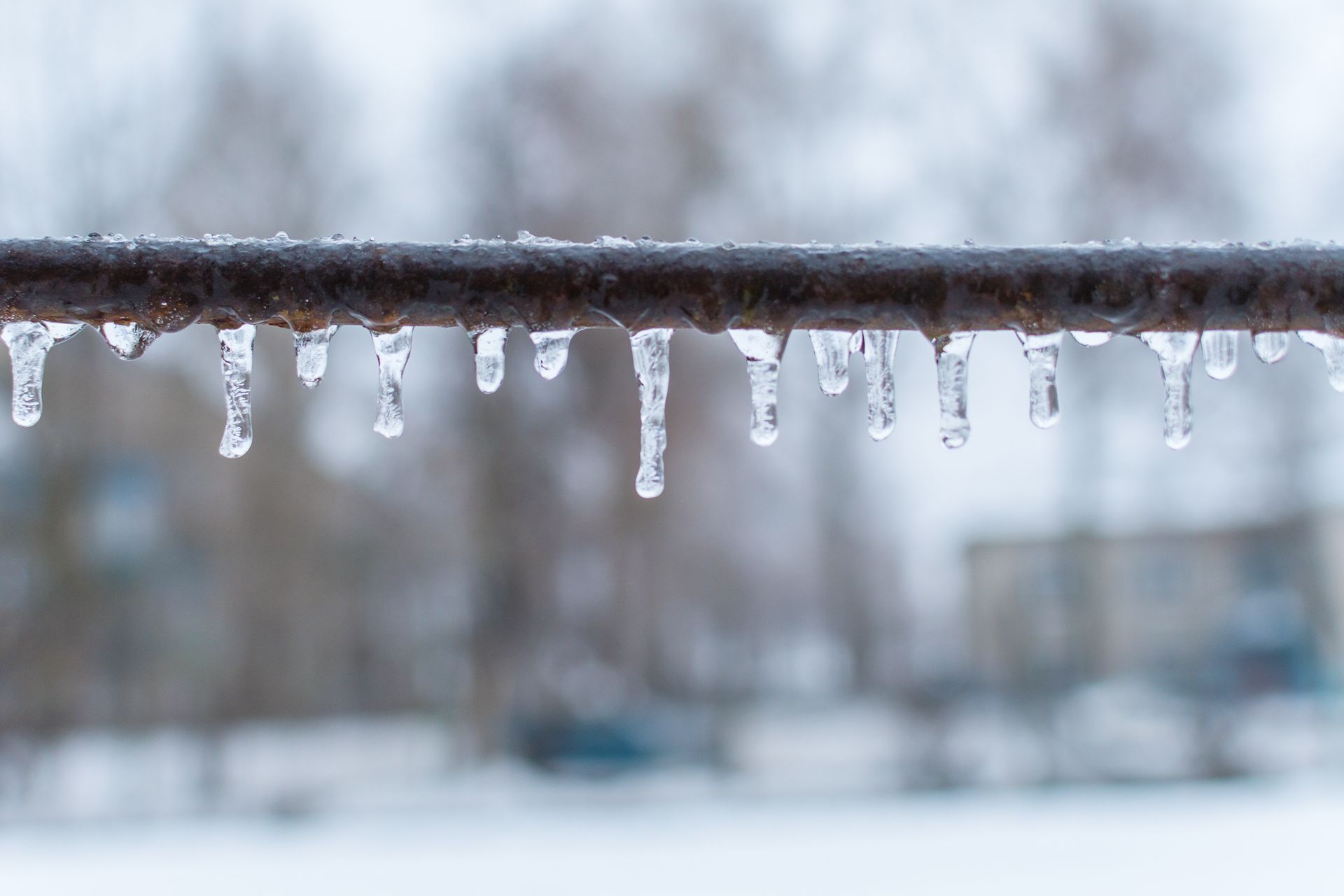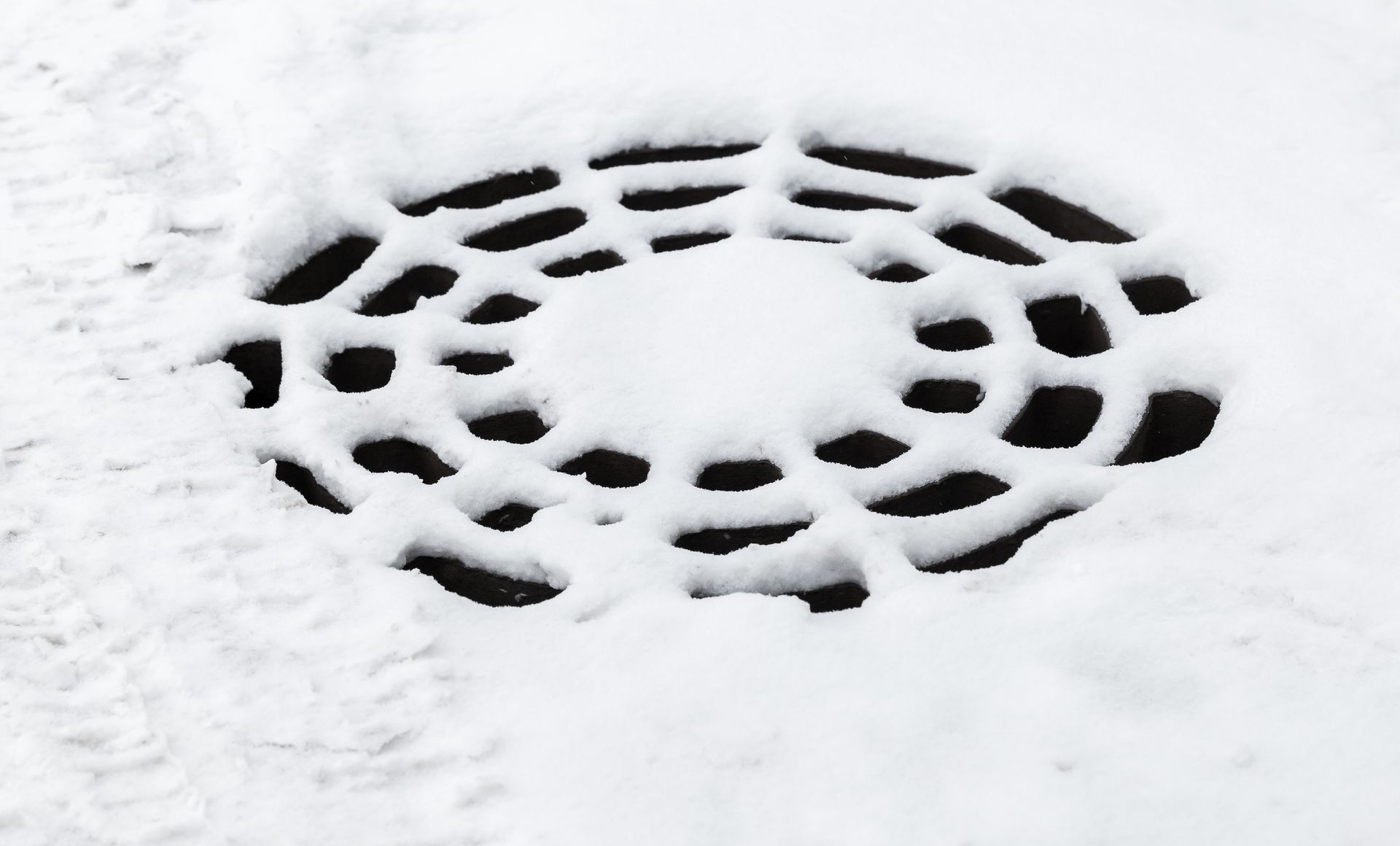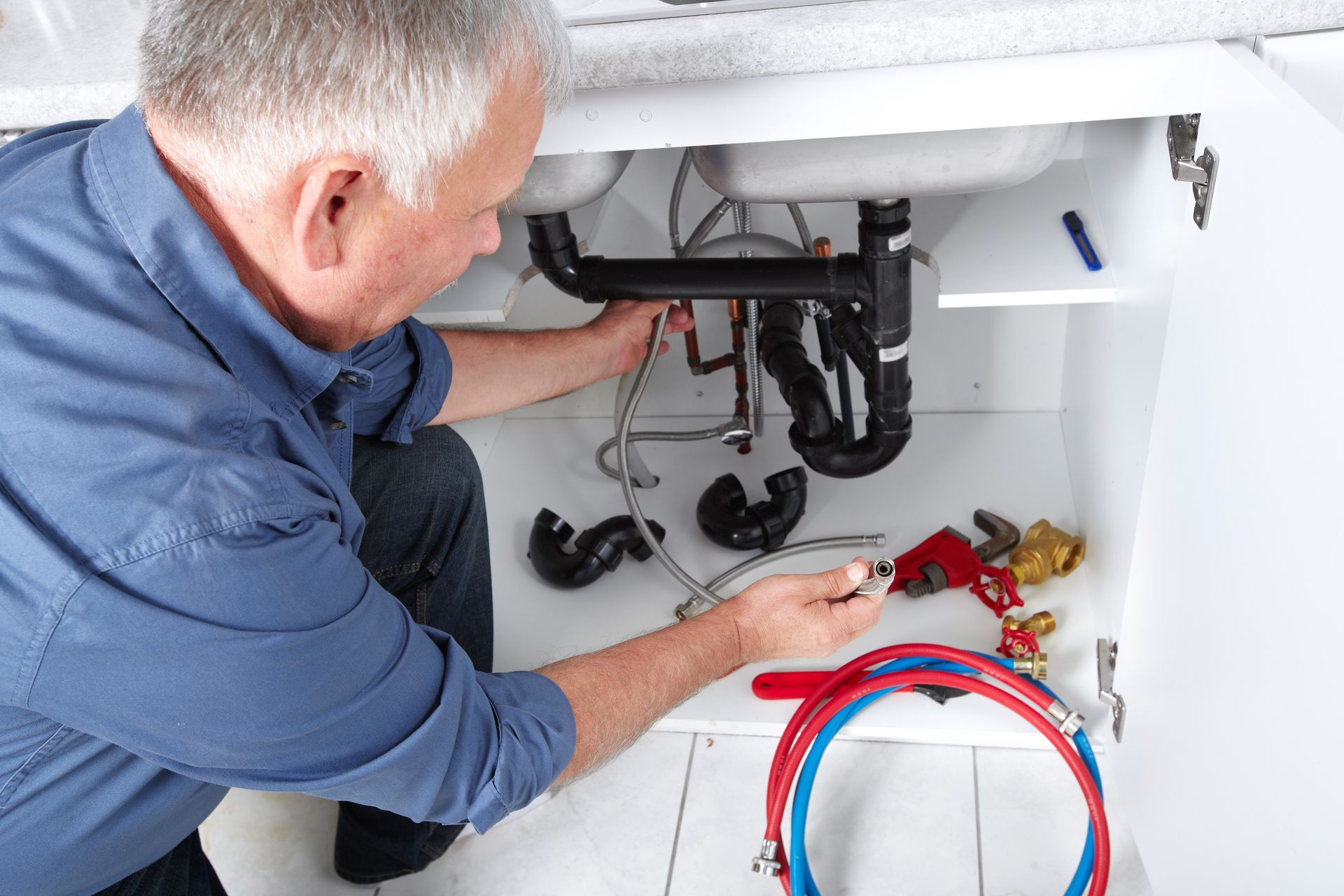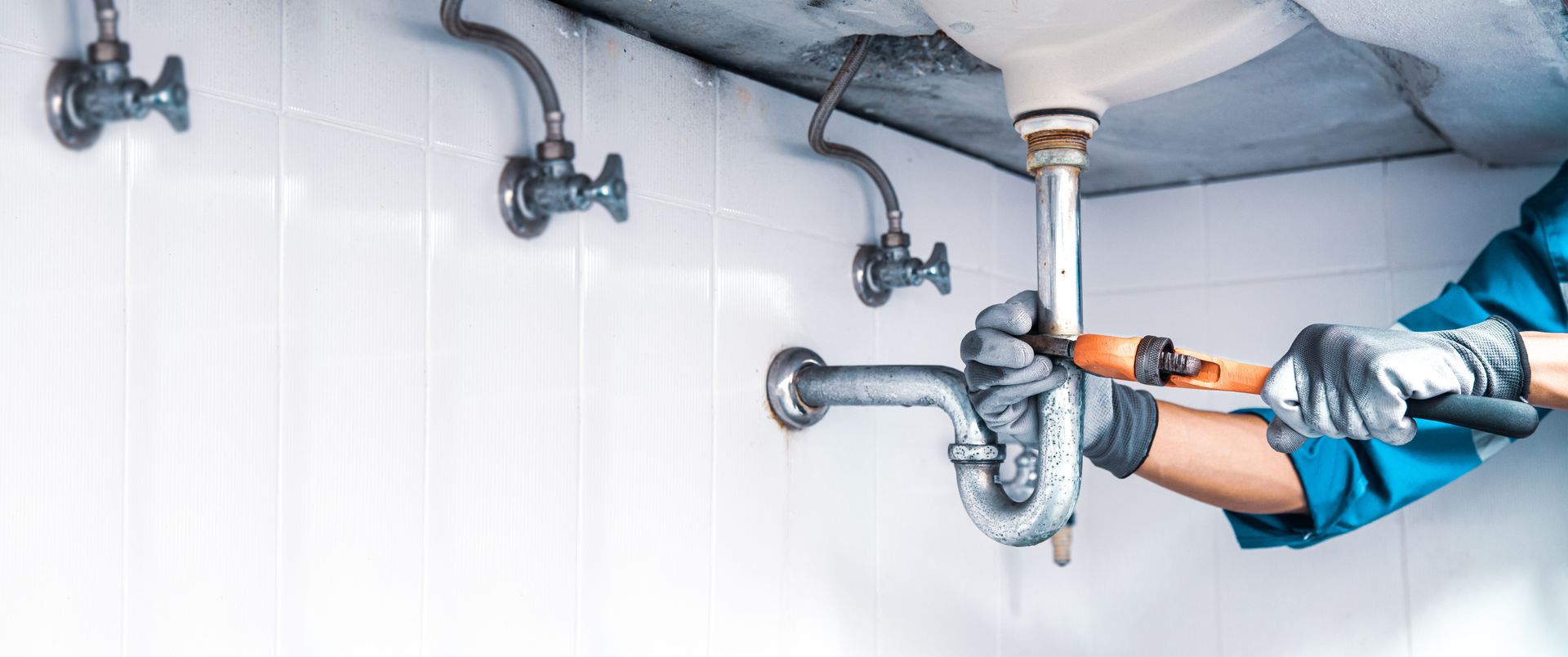Addressing Common Plumbing Issues in Restaurants and Food Service Establishments
Proper plumbing is vital for the smooth operations of restaurants and food service establishments. However, these establishments often face unique plumbing challenges that can impact their operations, health standards, and customer satisfaction. In this article, we will address common plumbing issues that arise in restaurants and food service establishments, understand their implications, and explore effective solutions to mitigate these challenges.
Clogged Drains and Grease Traps
One of the most prevalent plumbing issues in restaurants is clogged drains, primarily due to the accumulation of food particles, grease, and debris. These clogs can disrupt operations, lead to foul odors, and even pose health risks. Regular drain cleaning and maintenance are crucial to prevent clogs and maintain proper drainage. Additionally, effective management of grease traps is essential to prevent fats, oils, and grease from entering the plumbing system, minimizing the risk of blockages and ensuring compliance with health and safety regulations.
Regular drain cleaning and maintenance are essential preventive measures to keep drains clear and functioning properly. Professional plumbers can utilize various methods such as hydro jetting or drain snaking to remove accumulated debris and restore optimal drainage. By scheduling regular drain cleaning services, restaurant owners can proactively address potential clogs before they become major problems.
In addition to clogged drains, effective management of grease traps is crucial in restaurants. Grease traps are devices designed to capture fats, oils, and grease (FOG) from kitchen wastewater before they enter the sewer system. Without proper grease trap maintenance, FOG can accumulate and solidify, leading to blockages in both the trap and the plumbing system.
To prevent these issues, restaurant owners should establish a routine maintenance schedule for grease trap cleaning and pumping. Trained professionals can inspect and clean the grease trap, ensuring it functions efficiently. Compliance with health and safety regulations is also critical, as regular grease trap maintenance helps prevent FOG buildup and maintains a healthy working environment.
Proper education and training of kitchen staff are also vital to minimize the introduction of FOG into drains. Implementing best practices, such as scraping plates and pans before washing them, using strainers in sinks, and disposing of FOG in designated containers, can significantly reduce the risk of drain clogs.
Leaking Pipes and Faucets
Leaking pipes and faucets not only waste water but can also result in increased utility costs for restaurants and food service establishments. Common causes of leaks include worn-out seals, faulty connections, and aging plumbing infrastructure. Prompt repairs and regular inspections are essential to address leaks swiftly and prevent further damage. Implementing a proactive maintenance program can help identify potential issues early on and save businesses from costly repairs and water waste.
Leaking pipes and faucets pose not only environmental concerns but also financial implications for restaurants and food service establishments. These leaks can lead to significant water wastage, driving up utility costs and negatively impacting the bottom line. Identifying and addressing leaks promptly is crucial to prevent further damage and mitigate financial losses.
Common causes of leaks in restaurant plumbing systems include worn-out seals, faulty connections, and aging infrastructure. Over time, seals can deteriorate, leading to water seepage around pipe joints or faucet fixtures. Faulty connections can result in drips or persistent leaks. Aging plumbing infrastructure, including pipes and fittings, may develop cracks or corrosion, causing leaks to occur.
To address leaks effectively, prompt repairs and regular inspections are essential. Engaging the services of experienced commercial plumbers can help businesses quickly identify the source of the leaks and implement appropriate repairs. Timely repairs not only prevent further damage but also minimize water wastage and reduce utility bills.
Implementing a proactive maintenance program is crucial for leak prevention and early detection. Regular inspections by plumbing professionals can identify potential issues before they escalate into major leaks. These inspections may include checking pipe connections, faucets, and water supply lines for signs of wear or damage. Additionally, maintenance tasks such as resealing joints, replacing worn-out gaskets, and repairing or replacing aging plumbing components can help prevent leaks from occurring.
By implementing a proactive maintenance program and addressing leaks swiftly, restaurant owners can save on utility costs, prevent water wastage, and avoid potential damage to their property. Engaging the services of experienced commercial plumbers who specialize in restaurant plumbing is vital for thorough inspections, accurate leak detection, and efficient repairs. With proper maintenance and prompt action, businesses can ensure the longevity and efficiency of their plumbing systems while minimizing financial losses associated with water leaks.
Malfunctioning Toilets and Restroom Plumbing
Restrooms play a crucial role in customer satisfaction and overall hygiene standards. Malfunctioning toilets, such as clogs and leaks, can cause inconvenience to customers and affect their perception of the establishment. Regular maintenance and prompt repairs are necessary to ensure proper restroom plumbing functionality. From addressing clogs to fixing leaks, proactive measures help maintain a clean and comfortable environment for patrons.
Clogs are a common issue in restroom plumbing due to the nature of their usage. They can occur due to the flushing of inappropriate materials or a buildup of debris over time. Promptly addressing clogs is essential to prevent toilet overflow and maintain a clean and comfortable environment for patrons. Professional plumbers can utilize tools such as drain snakes or hydro jetting to clear clogs efficiently and effectively.
Leaking toilets can cause water wastage, potential damage to flooring, and an unhygienic environment. Leaks can occur in various components, including the tank, bowl, or connections. Identifying and repairing leaks promptly is crucial to prevent water damage and maintain proper restroom functionality. Professional plumbers can assess the source of the leak and perform necessary repairs or component replacements to restore the toilet's integrity.
Regular maintenance is key to ensuring proper restroom plumbing functionality. This includes routine inspections of toilets, checking for signs of wear, and addressing any issues promptly. It is also essential to educate staff and customers on appropriate toilet usage to prevent clogs and minimize the risk of plumbing problems.
Implementing proactive measures such as installing proper signage reminding customers to dispose of waste appropriately and providing sanitary disposal options for feminine hygiene products can help prevent clogs and maintain restroom cleanliness.
By prioritizing regular maintenance, promptly addressing clogs and leaks, and implementing preventive measures, restaurants and food service establishments can ensure proper restroom functionality and create a positive experience for customers. Engaging the services of experienced commercial plumbers who specialize in restaurant plumbing is essential for effective maintenance, prompt repairs, and expert advice. By maintaining clean and well-functioning restrooms, businesses can enhance customer satisfaction, uphold hygiene standards, and preserve their reputation.
Water Heater Problems
Water heaters are essential for providing hot water in restaurant kitchens and for customer needs. Malfunctions such as inconsistent temperatures, inadequate hot water supply, or leaks can disrupt operations and impact customer satisfaction. Regular maintenance and inspections are crucial to address water heater issues promptly. By ensuring the efficient and reliable functioning of water heaters, restaurants can maintain smooth operations and meet the demands of their customers consistently.
Regular maintenance and inspections are crucial to address water heater problems promptly. Professional plumbers can assess the condition of the water heater, check for signs of wear or damage, and perform necessary maintenance tasks. This may include flushing the tank to remove sediment buildup, inspecting and replacing heating elements or thermostats, and ensuring proper insulation.
Inconsistent water temperatures can be frustrating for both kitchen staff and customers. It can affect the quality of food preparation, dishwashing, and overall customer experience. Addressing temperature fluctuations may involve adjusting the thermostat, replacing faulty components, or considering upgrading to a more efficient water heater system.
Inadequate hot water supply can hinder kitchen operations, especially during peak hours. This issue can stem from factors such as undersized water heaters or a high demand that exceeds the unit's capacity. Professional plumbers can assess the specific needs of the establishment and recommend suitable solutions, such as upgrading to a larger water heater or implementing a commercial tankless water heater system to meet the demand for hot water consistently.
Leaks in water heaters can lead to water damage, potential safety hazards, and energy inefficiency. Regular inspections can help identify leaks or signs of corrosion. Prompt repairs or replacements of damaged components, such as valves or fittings, are essential to prevent further damage and maintain the reliability of the water heater.
By ensuring the efficient and reliable functioning of water heaters through regular maintenance and inspections, restaurants can maintain smooth operations and meet the demands of their customers consistently. Engaging the services of experienced commercial plumbers who specialize in restaurant plumbing is crucial for thorough inspections, accurate diagnosis of water heater issues, and efficient repairs or replacements. With properly functioning water heaters, restaurants can enhance productivity, maintain food safety standards, and provide optimal customer experiences.
Backflow Prevention
Backflow, the reversal of water flow in the plumbing system, is a serious concern for restaurants and food service establishments. It can contaminate the potable water supply, posing health risks. Compliance with local health and safety regulations is crucial to prevent backflow incidents. Installing and maintaining backflow prevention devices, as well as conducting regular testing, are essential steps to mitigate the risk of backflow.
Preventing backflow incidents is a regulatory requirement in many jurisdictions to ensure public health and safety. Restaurants and food service establishments must comply with local health and safety regulations related to backflow prevention.
Installing backflow prevention devices is an effective measure to mitigate the risk of backflow. These devices, such as backflow preventers or check valves, are designed to allow water to flow in one direction only, preventing any backflow into the potable water supply. Professional plumbers can assess the specific needs of the establishment and recommend and install suitable backflow prevention devices.
Regular maintenance and testing of backflow prevention devices are essential to ensure their proper functioning. Backflow preventers can degrade over time, and regular inspections by trained professionals are necessary to detect any potential issues or malfunctions. Regular testing, typically conducted annually, helps verify that the backflow prevention devices are operating correctly and in compliance with regulations.
Failure to comply with backflow prevention regulations can lead to severe consequences, including health hazards, legal implications, and damage to the establishment's reputation. It is crucial for restaurants and food service establishments to prioritize backflow prevention measures and maintain documentation of inspections and testing to demonstrate compliance.
Engaging the services of experienced commercial plumbers who specialize in backflow prevention is essential for proper installation, maintenance, and testing of backflow prevention devices. These professionals have the expertise and knowledge to assess the specific requirements of the establishment and implement effective backflow prevention strategies.
By installing and maintaining backflow prevention devices and conducting regular testing, restaurants and food service establishments can significantly reduce the risk of backflow incidents, ensuring the safety of the potable water supply and complying with health and safety regulations. Protecting the integrity of the water supply is crucial for maintaining a safe and healthy environment for staff and customers.
Sump Pump and Drainage System Maintenance
Proper drainage in restaurant kitchens is vital to prevent flooding and water damage. Sump pumps and drainage systems play a critical role in managing excess water. Regular maintenance, including clearing debris and ensuring effective water removal, is necessary to keep these systems functioning optimally. By maintaining sump pumps and drainage systems, restaurants can minimize the risk of water-related disruptions and protect their infrastructure.
Regular maintenance of sump pumps involves several key tasks. Clearing debris from the sump pit is essential to ensure the pump's proper functioning. Debris accumulation can impede water flow and potentially damage the pump. Periodic inspection of the pump and its components, such as the float switch and discharge pipe, helps identify any signs of wear, corrosion, or malfunctions. Any issues should be addressed promptly to prevent potential failures.
The drainage system, including floor drains and drain lines, requires regular maintenance as well. Regularly clearing debris and buildup from floor drains ensures optimal water flow and prevents clogs. Inspection of drain lines helps identify any blockages or leaks that may hinder effective water removal. If necessary, professional plumbers can perform drain cleaning or utilize tools such as hydro jetting to clear stubborn clogs and maintain proper drainage.
In addition to regular maintenance, it is essential to ensure that sump pumps and drainage systems are designed appropriately for the specific needs of the restaurant. Proper sizing of sump pumps and the installation of backup systems can provide added protection during power outages or pump failures.
By maintaining sump pumps and drainage systems, restaurants can minimize the risk of water-related disruptions and protect their infrastructure from potential water damage. Engaging the services of experienced commercial plumbers who specialize in restaurant plumbing is crucial for thorough inspections, effective maintenance, and prompt repairs. These professionals can provide valuable guidance on proper maintenance schedules and ensure that sump pumps and drainage systems are in optimal condition.
By prioritizing regular maintenance, restaurants can proactively prevent flooding, avoid costly repairs, and maintain a safe and functional environment in their kitchens. Effective water management systems contribute to a smooth operation, ensuring the longevity and reliability of the establishment's infrastructure.
Professional Plumbing Services for Restaurants and Food Service Establishments
Addressing the plumbing needs of restaurants and food service establishments requires specialized expertise. Working with a commercial plumbing company experienced in restaurant plumbing systems is highly recommended. These professionals understand the unique challenges faced by these establishments and can provide tailored solutions. From proactive maintenance programs to prompt repairs and inspections, professional plumbing services ensure optimal operations, regulatory compliance, and customer satisfaction.
By addressing common plumbing issues in restaurants and food service establishments promptly and proactively, businesses can maintain smooth operations, uphold health and safety standards, and provide exceptional customer experiences. From clogged drains and leaking pipes to malfunctioning toilets and water heater problems, professional plumbing services are essential for maintaining a well-functioning plumbing system. By partnering with experienced commercial plumbing providers, restaurant owners and managers can ensure their establishments operate smoothly while delivering a positive and hygienic environment for their patrons.
